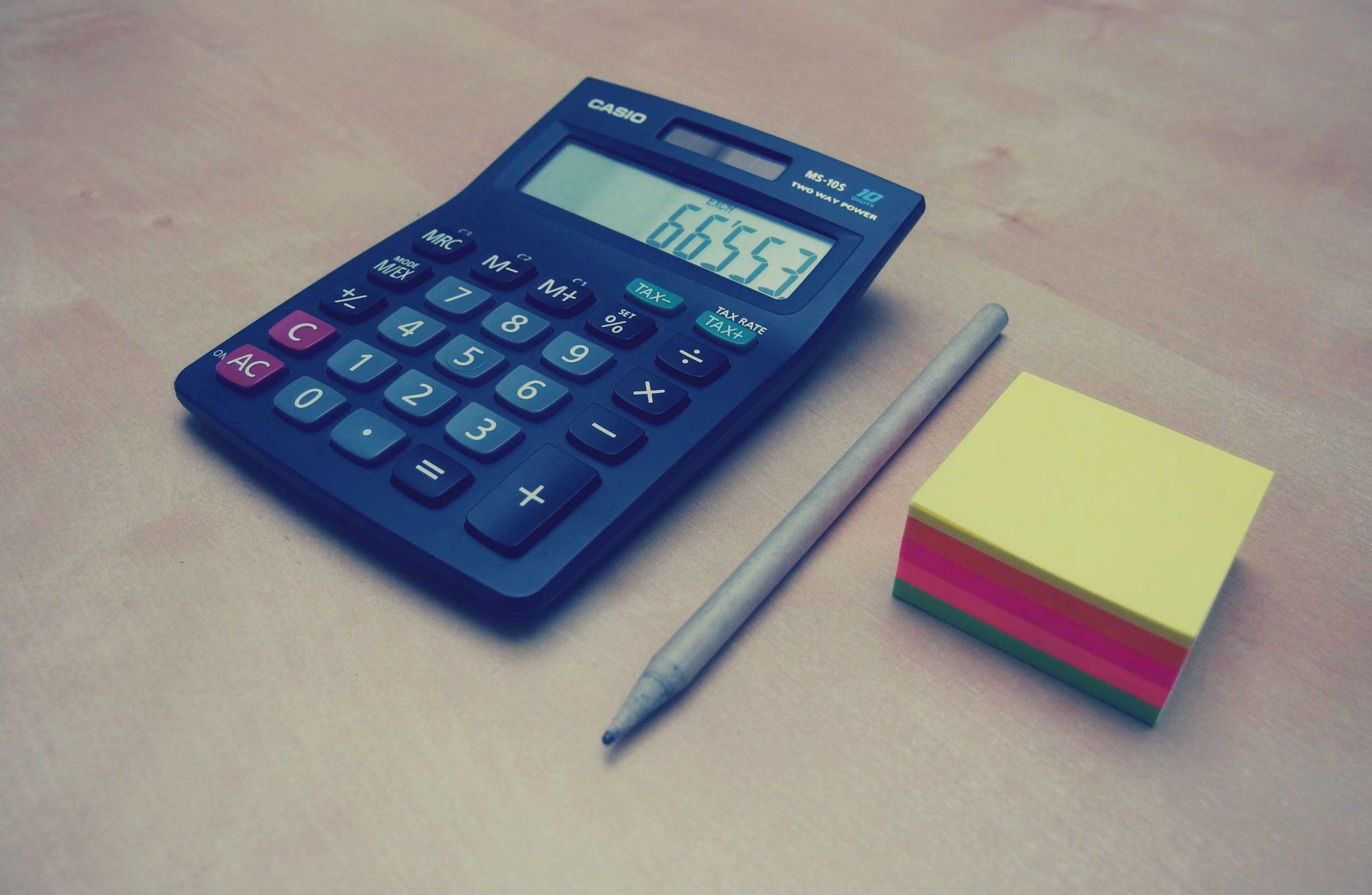
The recent downgrading of the country to “junk status” has been a hard pill to swallow for many South Africans. According to analysts, while the country has been facing major strain for the past 18 months due to the volatile economic and political climate, the downgrade is foreseen to have more dire consequences.
But what does being downgraded actually mean? What are the implications for you and I? More specifically, how does it affect the local property market?
A downgrade happens when a government’s income is outweighed by its amount of debt due to investors losing faith in that economy and suspending business relations with it. This drives the government to incur more debt to cover the loss, and at higher interest rates as the country has essentially been “blacklisted”.
For you and I, it could mean that the price of imported food and petrol will go up, which will in turn increase the inflation rate, which ultimately puts pressure on all other household finances.
The effects on the property market.
If you have credit card payments, short-term loans, or car and home loans, the interest rates could increase resulting in higher monthly installments.
Given the former finance Minister Pravin Gordhan’s budget speech earlier on in February this year, debt repayment is increasing at a rate 10.5% each year. Bringing this closer to home, this how your monthly installments would increase year on year:
Example: If you take out a home loan of R1m to pay over the next 20 years, year one’s instalment would be R9 984, year two’s would be R10 664, year three’s would be R11 361, year four’s would be R12 074, and the amount would continue to rise as the years go on.
This is discouraging news for prospective homebuyers who would already have to deal with the challenge of the increased cost of living.
Furthermore, the downgrade could hinder upgrades to the country’s infrastructure as well as the maintenance thereof. This negatively affects developers as it makes it difficult for them to acquire funding to support new projects.
It is not all doom and gloom.
The economic climate of the country has been shaky for a while, and although the effects of the downgrade cannot be understated, it has in many ways already been priced into the current trading markets. If the government is able to do enough in the few following months the country may be able to avoid further downgrades and perhaps the current downgrades. If any, any real change is expected later on in the year. For now, it seems to be business as usual.
Our tip to you? Cash is king. Try to have more of it in your pocket. Save, save save. Aim to pay off any short term-debts that you may have as quickly as possible, and consolidate larger loans by paying larger instalments.